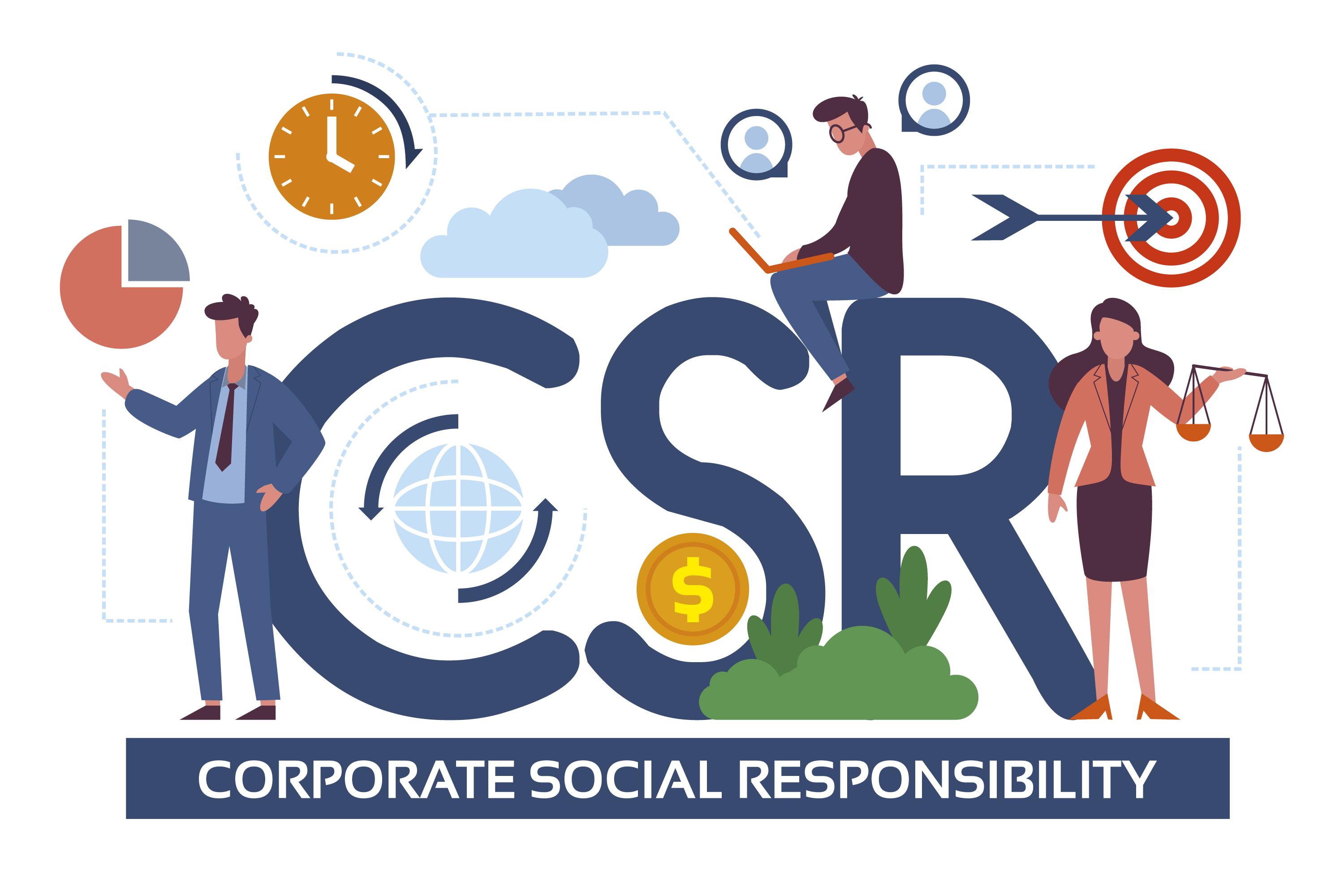info@sadi.co.ke
+254727368241
Introduction:
Corporate social responsibility (CSR) is no longer just a buzzword in the business world; it's a guiding principle that companies around the globe are adopting. CSR involves businesses taking responsibility for their impact on society, beyond simply seeking profits. In this article, we will explore the concept of corporate social responsibility and its profound impact on both businesses and society.
1. Defining Corporate Social Responsibility:
Corporate social responsibility refers to a company's commitment to conduct its business ethically and contribute to the well-being of society. It extends beyond legal obligations and encompasses actions that benefit communities, the environment, and various stakeholders.
2. Triple Bottom Line: People, Planet, Profit:
CSR initiatives focus on the triple bottom line, which includes people (social aspects), planet (environmental considerations), and profit (financial success). Businesses aim to strike a balance between these three elements.
3. Environmental Sustainability:
Many CSR programs emphasize reducing the environmental footprint of business operations. This may involve efforts to reduce energy consumption, minimize waste, and promote sustainability in the supply chain.
4. Community Engagement:
Businesses engage with local communities through various initiatives, including philanthropy, volunteer programs, and support for local causes. This strengthens community bonds and enhances the company's reputation.
5. Ethical Labor Practices:
CSR includes ensuring ethical labor practices, such as fair wages, safe working conditions, and equal opportunities. Ethical labor practices foster a positive working environment.
6. Transparency and Accountability:
Transparency is a core component of CSR. Companies are expected to disclose their social and environmental impacts, as well as their efforts to improve these aspects. This accountability builds trust with stakeholders.
7. Economic Development:
Many businesses invest in economic development initiatives in the regions where they operate. This can involve job creation, skills development, and support for local businesses.
8. Global Supply Chain Responsibility:
CSR extends to a company's entire supply chain. Businesses are expected to ensure that their suppliers also adhere to ethical, social, and environmental standards.
9. Philanthropy and Giving Back:
Giving back to society is a fundamental aspect of CSR. Companies donate to charitable causes, sponsor community events, and contribute to social and educational programs.
10. Measuring and Reporting Impact:
Effective CSR programs have mechanisms to measure and report on their impact. Metrics, data, and reporting are used to assess the success of CSR initiatives.
11. The Business Case for CSR:
CSR is not just about doing good; it also makes good business sense. Companies with strong CSR programs often enjoy improved reputation, customer loyalty, and employee morale.
12. Building a Positive Brand Image:
CSR is a vital tool for building a positive brand image. Customers are increasingly choosing products and services from companies that align with their values.
13. Legal and Ethical Considerations:
In some regions, there are legal requirements for businesses to engage in CSR. Failing to meet these requirements can have legal and financial consequences.
In conclusion, corporate social responsibility is an evolving concept that reflects the growing awareness of the impact businesses have on society and the environment.
Conclusion
Embracing CSR is not just about compliance but also about redefining the role of business in society. It's a commitment to making a positive impact that extends far beyond the balance sheet, enriching the lives of communities, the planet, and the company itse
 October 25, 2023 - BY Admin
October 25, 2023 - BY Admin